9 Foods You May Want to Think Twice About for Breast Health
Breast health is a vital aspect of overall well-being, and while genetics and lifestyle factors play significant roles, dietary choices are increasingly recognized as pivotal. Emerging research suggests that certain foods may influence breast health, either by contributing to risk factors or by offering protective benefits. Understanding which foods to approach with caution can empower individuals to make informed dietary decisions. This article explores nine specific foods that may warrant a second thought when considering breast health. Each section will delve into the potential impacts of these foods, supported by scientific insights and practical advice for everyday choices.
Processed Meats: A Risky Indulgence

Processed meats, including sausages, bacon, and deli meats, are often laden with preservatives and additives like nitrates and nitrites. Studies have linked high consumption of processed meats to an increased risk of breast cancer, possibly due to these chemical additives. The World Health Organization classifies processed meats as Group 1 carcinogens, highlighting the potential dangers. Moreover, the high salt content can lead to other health issues, compounding risks. For those concerned about breast health, reducing intake of these foods or opting for nitrate-free alternatives can be a proactive step towards better health.
Sugary Beverages: Sweetness with a Cost
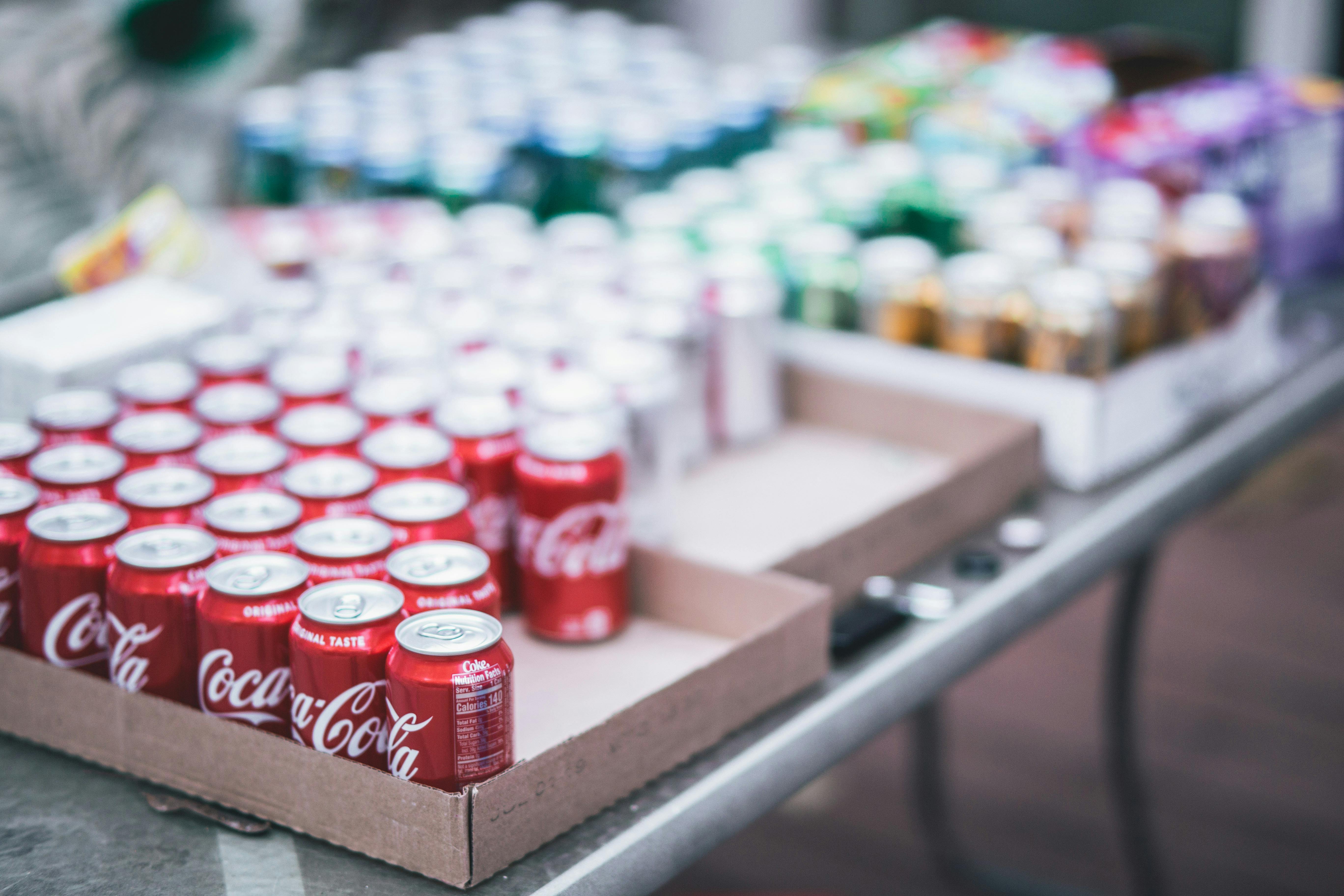
Sugary beverages, including sodas and sweetened teas, are a significant source of added sugars in the diet. Excessive sugar intake can lead to obesity, a known risk factor for breast cancer due to increased estrogen levels from adipose tissue. Furthermore, high sugar consumption can lead to insulin resistance, which has been linked to cancer development. By replacing sugary drinks with water, herbal teas, or unsweetened beverages, individuals can reduce their sugar intake and potentially lower their risk of breast-related health issues. Awareness and moderation are key when it comes to these sweet temptations.
Alcohol: A Double-Edged Sword
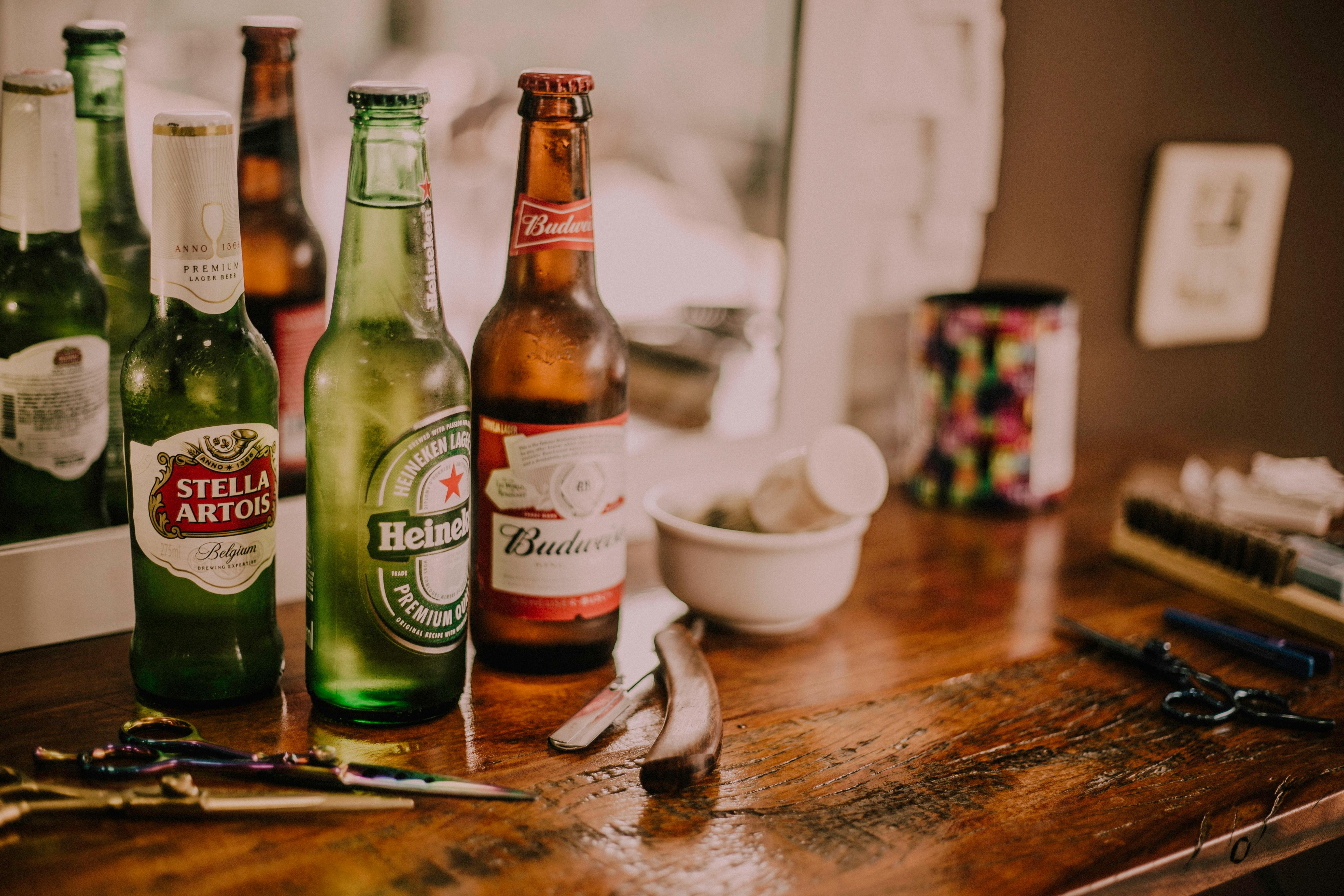
While moderate alcohol consumption is often touted for its cardiovascular benefits, it presents a complex risk for breast health. Numerous studies have shown that alcohol can increase estrogen levels, potentially heightening breast cancer risk. The risk appears to rise with the amount of alcohol consumed, making moderation crucial. For those concerned about breast health, limiting alcohol intake to no more than one drink per day, or abstaining altogether, might be advisable. Exploring non-alcoholic alternatives or enjoying alcohol-free social activities can help mitigate these risks while still allowing for an enjoyable lifestyle.
High-Fat Dairy Products: Balancing Benefits and Risks
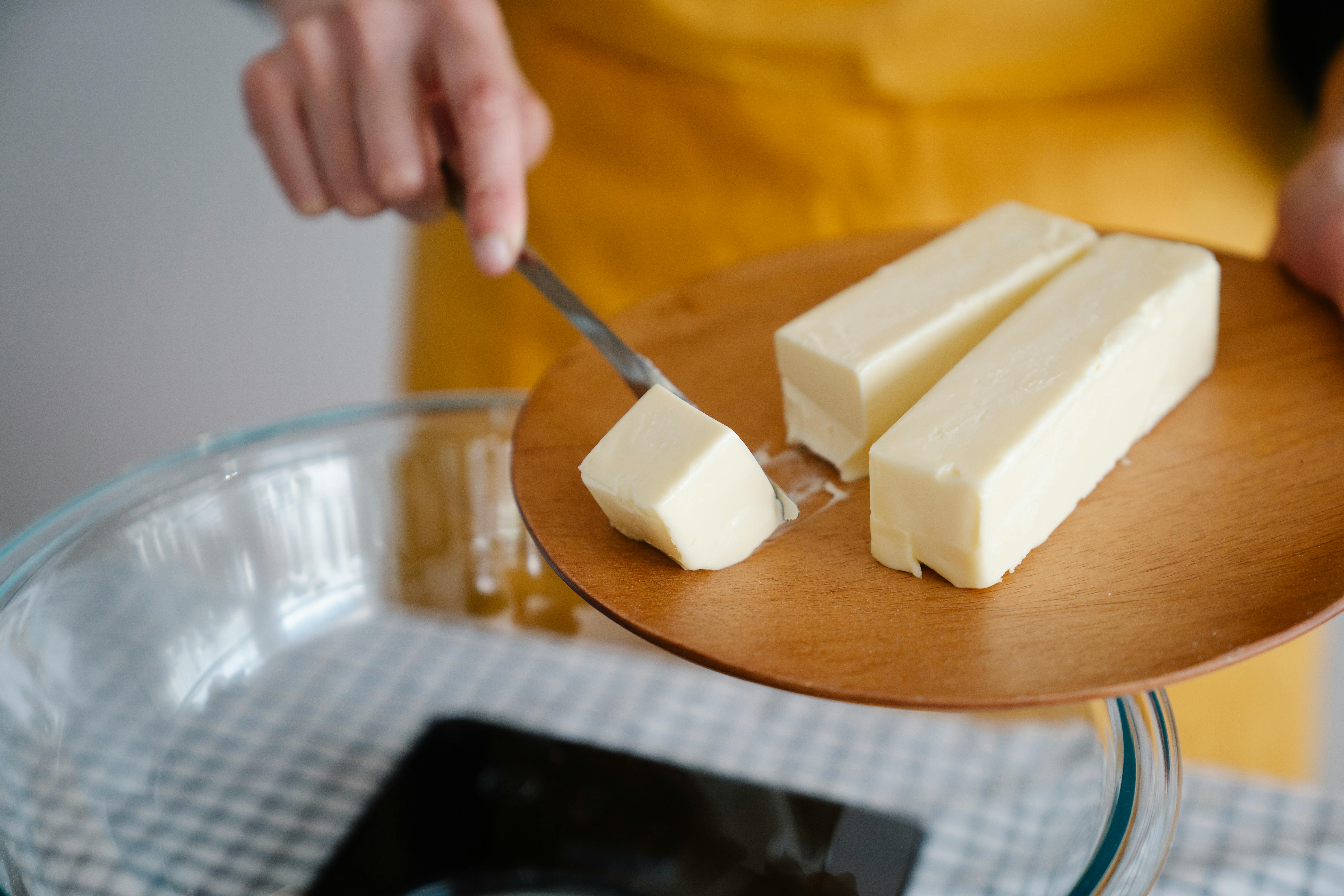
High-fat dairy products, such as whole milk, cheese, and butter, contain saturated fats that may influence breast cancer risk. Some studies suggest that these fats can promote inflammation and hormone imbalances, potentially increasing cancer risk. However, dairy also provides essential nutrients like calcium and vitamin D, which have their own health benefits. Choosing low-fat or fat-free dairy options, or exploring plant-based alternatives, can offer a balanced approach to enjoying dairy without compromising breast health. It’s about finding a balance that supports both nutritional needs and long-term health goals.
Refined Carbohydrates: The Hidden Culprits

Refined carbohydrates, found in white bread, pastries, and many processed foods, can contribute to rapid spikes in blood sugar levels. These spikes can lead to insulin resistance, a condition linked to an increased risk of breast cancer. Moreover, refined carbs often lack fiber, which is essential for maintaining a healthy digestive system and regulating hormones. Opting for whole grains and fiber-rich foods can help stabilize blood sugar levels and support overall health. By making mindful choices, individuals can enjoy carbohydrates as part of a balanced diet without compromising breast health.
Red Meat: Moderation is Key
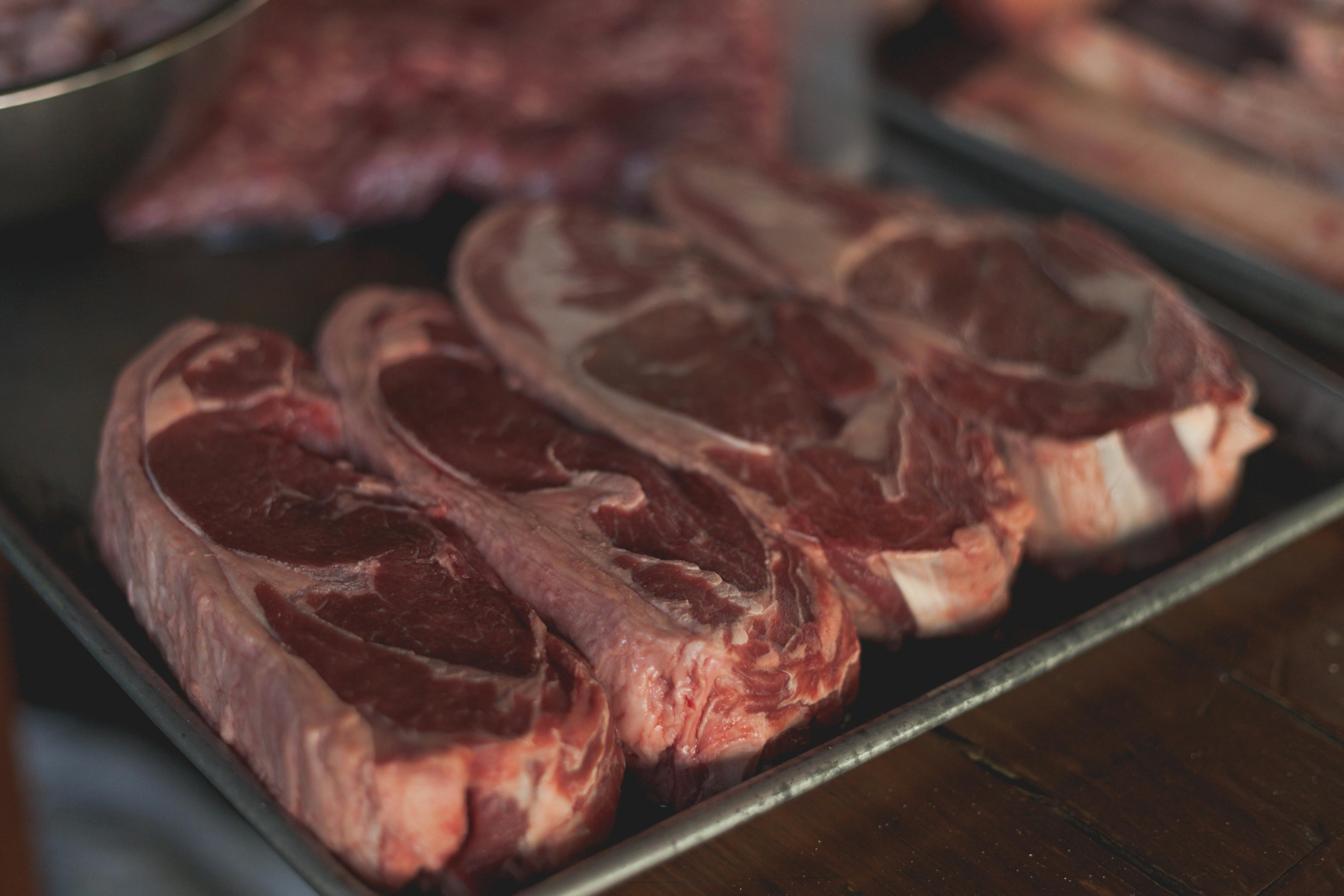
Red meat, especially when consumed in large quantities, has been scrutinized for its potential link to breast cancer. Cooking methods like grilling or barbecuing at high temperatures can produce harmful compounds called heterocyclic amines and polycyclic aromatic hydrocarbons, which are suspected carcinogens. While red meat is a valuable source of protein and iron, moderation is crucial. Incorporating more plant-based proteins and lean meats like poultry and fish can diversify the diet and reduce potential risks. By being mindful of portion sizes and cooking methods, individuals can enjoy red meat responsibly.
Fried Foods: Beyond the Crunch

Fried foods, beloved for their crispy texture, often contain unhealthy trans fats and are high in calories. Trans fats have been associated with increased inflammation and a higher risk of breast cancer. Additionally, the high-calorie content can contribute to weight gain, another risk factor for breast cancer. Opting for baked or grilled alternatives and using healthy oils like olive or avocado oil can satisfy cravings without the added risks. By making small changes in cooking methods, it’s possible to enjoy the flavors of fried foods while prioritizing breast health.
Canned Foods: Convenience with Caution
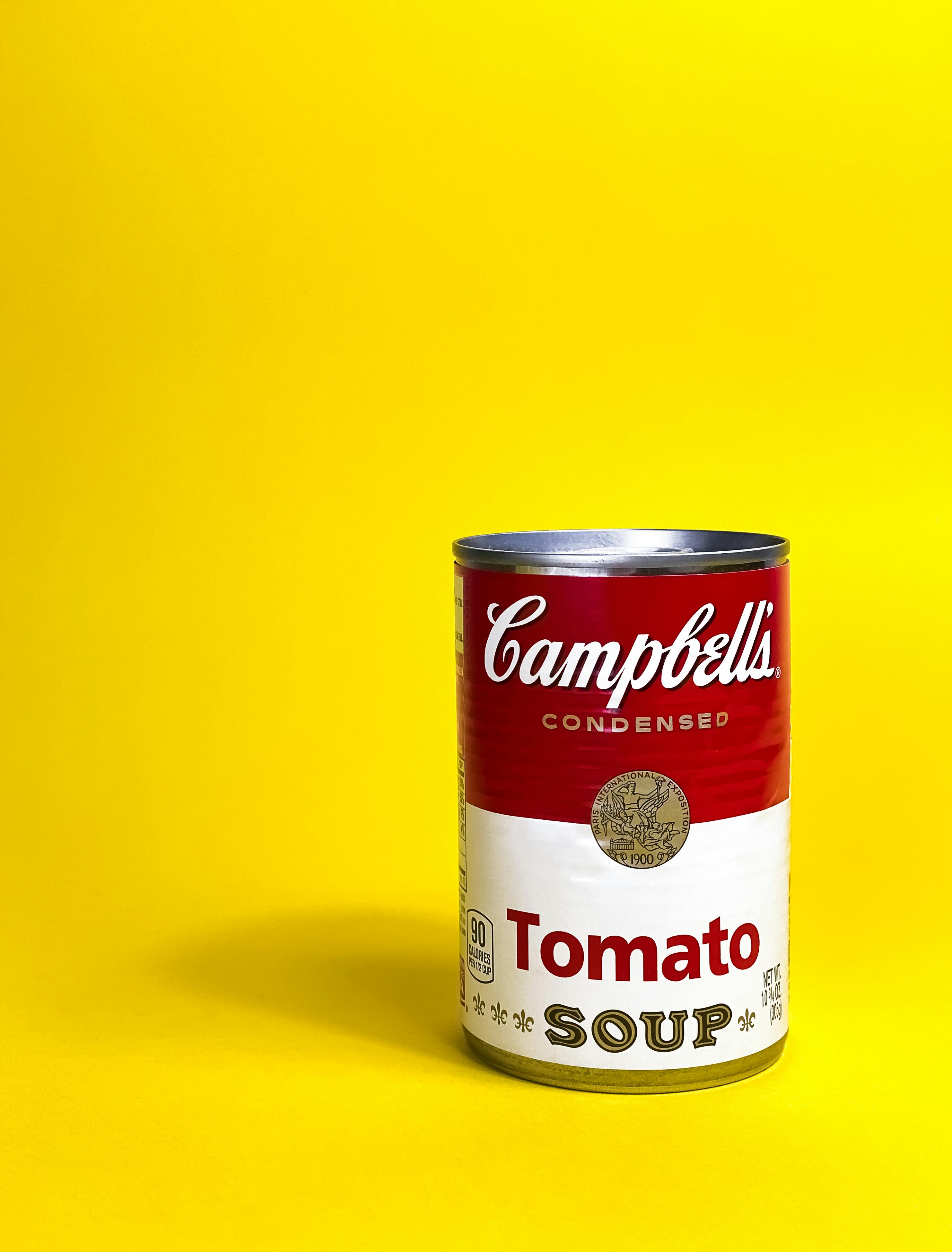
Canned foods offer convenience but often come with hidden risks, particularly due to the presence of Bisphenol A (BPA) in can linings. BPA is a chemical that can leach into food and has been linked to hormonal disruptions and an increased risk of breast cancer. While not all canned foods are harmful, choosing BPA-free products or opting for fresh or frozen alternatives can reduce exposure. By being vigilant about packaging and ingredient labels, individuals can enjoy the convenience of canned foods while minimizing potential health risks.
Empowering Choices for Breast Health

Navigating dietary choices with breast health in mind involves understanding the complex interplay between food, hormones, and cancer risk. While no single food is solely responsible for breast cancer, being informed about the potential impacts of certain foods can guide healthier choices. By moderating intake of processed meats, sugary beverages, and other highlighted foods, individuals can take proactive steps toward maintaining breast health. Embracing a balanced diet rich in whole foods, lean proteins, and healthy fats can empower individuals to support their long-term health goals. Making thoughtful dietary decisions today can pave the way for a healthier tomorrow.